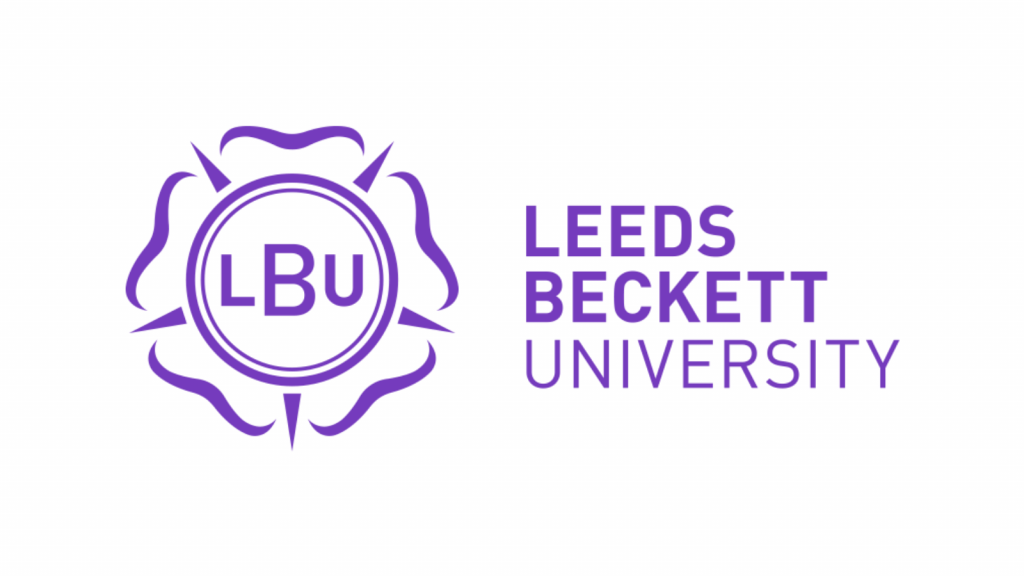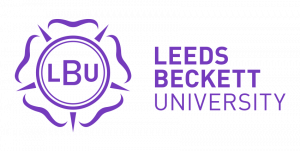Check out Leeds Beckett University’s extensive guide to results day and clearing below:
WHAT IS UCAS CLEARING?
Clearing is a part of the UCAS university application process and is a final opportunity for applicants to secure a university place each year. Anyone who applies after 30 June will automatically be entered into Clearing, meaning you still have the opportunity to study a course you’ll love in September.
Can I apply through Clearing?
You are eligible to apply in Clearing if:
- You already have your results but you have no offers
- You had conditional offers but your results didn’t go to plan
- You have declined all your offers or not responded by the due date
- UCAS received your application after 30 June. If they receive your application after this date, they will not send it to any universities or colleges, therefore you will automatically be entered into Clearing
If you’re eligible for Clearing, it will say on your UCAS Hub account status, and a Clearing button will have automatically been added to your screen. That’s also where you will find your Clearing Number (located on the welcome and choices pages), which we will need to access your application.
If you have not applied for a university place yet, don’t worry, you can apply via UCAS now and will be entered into Clearing automatically.
When does Clearing open?
The Clearing process opens on Wed 5 July 2023, but you can only apply through Clearing when you have your results. Results day for A levels is 17 August 2023.
If you are taking a BTEC, or any other qualifications where you already have your results, you can call us on 0113 8123113 to secure your place.
Our Clearing courses are available to view from July. You can apply to us through Clearing if:
- You already know your results / qualification and don’t have a place at university
- You already know your results / qualification and have decided you want to come to Leeds Beckett but haven’t applied through UCAS yet
A level results day is Thursday 17 August 2023
Take a look at our results day guide for tips on how to prepare and how Clearing works on results day.
-
When does Clearing close?
Clearing officially closes in September. Whilst it’s important not to rush your decision, it’s worth remembering that our most popular courses may fill up before this.
How does Clearing work?
The Clearing process may seem complicated, but it can all be boiled down to a few simple steps:
- Don’t panic! September might not be far away, but there are still lots of great courses out there
- Research courses (and universities) to see which one best suits you
- Contact universities
- Confirm your place on UCAS Hub – you will need the course details and our institution code, which is L27
- Take your next steps; booking accommodation, organising student finance and moving in
Applying through Clearing
-
What is UCAS self-release?
If you have a pre-existing UCAS application, and hold an unconditional firm place at a university, you are still able to release yourself into Clearing. This is called Clearing self-release.
Doing this will then allow you to apply to a different course or university through Clearing.
Make sure you’re confident with your decision before self-releasing, as it is unlikely that you will be able to undo the process if you change your mind.
-
What is Clearing Plus?
Clearing allows you to browse courses at universities across the country, but UCAS have also now introduced Clearing Plus, which suggests courses they ‘match’ you with based on your application. From this list, you will be able to tell universities that you are ‘interested’ in their course, and if the course still has places, they may get in touch.
Whilst this is a useful tool, you don’t have to use this. Alternatively, you may wish to cover all your bases by using a combination of Clearing Plus as well as doing your own research and contacting universities directly.
HOW TO PREPARE FOR CLEARING
If you do end up deciding to enter Clearing, then having already done some research before results day can save you some invaluable time. Getting your grades will be emotional enough one way or another, so the less you have to worry about on the day, the better!
If you’re a list lover or a spreadsheet fanatic, then you can actually have quite a lot of fun with your research. But don’t worry if you that’s not you, as you don’t need anything too fancy. Here are the essentials we recommend looking into, just in case you don’t get the grades you need (or if you do better than expected):
- Other universities that you might be interested in
- Other relevant courses at the same university that you might be interested in
- The phone numbers of universities you might want to ring (our Clearing hotline number is 0113 812 3113)
It’s worth making notes on the different universities / courses you like, including things like facilities and entry requirements, as you may end up looking at lots of information and it can be easy to get mixed up.
ESSENTIAL INFORMATION FOR CLEARING ON RESULTS DAY
On results day there’s some key information you’ll want to know before you make your application. Hopefully you’ve done some prep and you’re ready to go, here’s some additional information for you to reference on the day.
Tips for Clearing Top tips from our Head of Admissions, Denise Dixon Smith.



